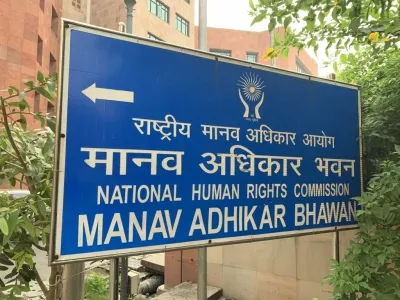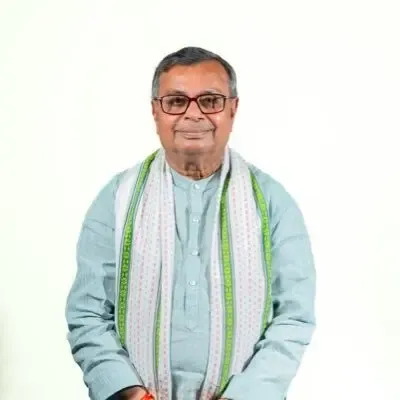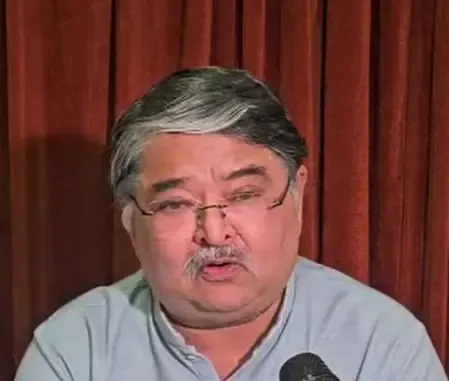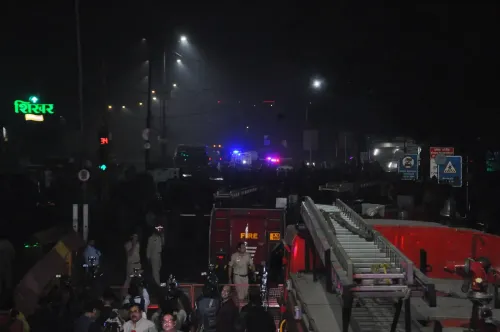Is There a Doctor Crisis at the ESIC Hospital in Faridabad?

Synopsis
Key Takeaways
- NHRC has recognized a critical doctor shortage at the ESIC hospital.
- Over 650,000 patients depend on this facility for treatment.
- Emergency services are facing long wait times.
- Immediate action is required from state officials.
- The situation raises serious human rights concerns.
New Delhi, Sep 19 (NationPress) The National Human Rights Commission (NHRC) has taken suo motu cognizance of a media report revealing challenges encountered by patients due to the shortage of doctors and inadequate infrastructure at the super specialty ESIC hospital located in Haryana's Faridabad.
As per the press report, over 650,000 ESIC cardholders from Palwal and Faridabad, along with patients from Delhi, Noida, and Gurugram, rely on this hospital for treatment of severe conditions such as heart issues, cancer, neurology, and intestinal infections.
Reports indicate that patients often face long waits even in the emergency department.
Additionally, the report highlighted that the Cardiology department has been without a doctor for the past month, with specialist doctors available only on a part-time basis.
The Dean of the ESIC Medical College has acknowledged that there are currently no specialist doctors present in the hospital. In light of these facts, the apex human rights organization noted that if the report's claims are accurate, they raise significant concerns regarding potential human rights violations.
The NHRC has dispatched notices to the Haryana Chief Secretary and the Chairman of the Employees' State Insurance Corporation (ESIC), requesting a comprehensive report on the situation within two weeks.
Founded under the Protection of Human Rights Act, 1993, the NHRC serves as an autonomous statutory entity, reflecting India's commitment to the promotion and safeguarding of human rights.
Its principal mission is to protect and advance human rights, defined as the rights pertaining to life, liberty, equality, and the dignity of individuals assured by the Constitution or encapsulated in international treaties enforceable by Indian courts.
This apex human rights body possesses the authority to initiate suo motu (on its own initiative) actions based on media coverage, public knowledge, or other sources, without the necessity of receiving a formal complaint regarding human rights violations.









